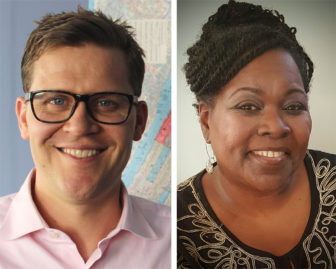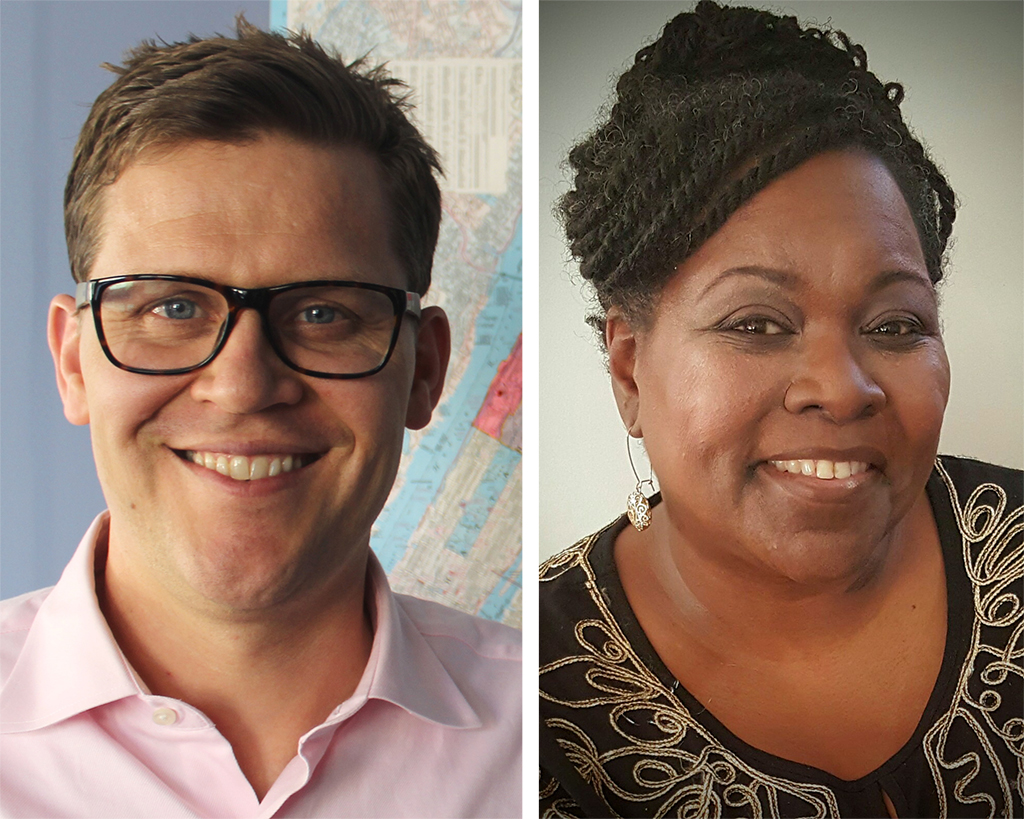 The kids and parents we work with too often feel fear, anger and a diminished sense of self in their relationships with those close to them, in the systems set up to help and protect, and with society more generally. Whatever external pretense they may show out of fear, the truth is that this leaves them longing for relationships that provide the love and enduring connection we all seek.
The kids and parents we work with too often feel fear, anger and a diminished sense of self in their relationships with those close to them, in the systems set up to help and protect, and with society more generally. Whatever external pretense they may show out of fear, the truth is that this leaves them longing for relationships that provide the love and enduring connection we all seek.
The power and necessity of relationships is no surprise to anyone doing this work. And yet, as a country, we have built child welfare, juvenile justice and youth development systems that are intentionally designed to cut ties with young people and parents at critical moments of transition, when relationship is needed most.
We expect kids who have been in foster care to be ready for the world at 18 or 21 when kids with every privilege are not. In doing so, we are missing the massive opportunity that the highly plastic adolescent brain — which is developing until at least 24 years of age — provides us to help young people grow and thrive. Instead of teaching them that healthy relationships endure and provide the foundation of a healthy life, we allow them to experience loss and abandonment again.
We are trying something different at Graham Windham, where we strive to build the foundation of success for our kids — safe, loving family and the preparation and opportunity to succeed as adults. We are working to create ways to make sure our relationships with our kids and families endure well beyond the timelines of our systems.
These relationships are the bridge. They are a bridge to the healing of family wounds, to academic and career preparation, and to opportunity. Relationships that endure also foster the perseverance and persistence that leads to success. When we don’t give up, good things happen.
We love and enjoy what we do, but this is not just a feel-good strategy. We have come to this perspective by carefully seeking out solutions that help us meet the targets we’ve set for the 150-plus performance indicators we use to measure our success. We’ve done our research: reviewing the literature and seeking out practice models supported by evidence.
Most importantly, we have spent time in deep conversation with our kids, families and team. We organize roundtables of youth, parents, foster parents and staff, held routinely throughout the year, that have led to enormous practice, policy and cultural change at Graham.
They clarify how we use our voice and call for justice in our community and world. They help us determine what help is truly helpful. They help us reflect on our weaknesses and gaps. Most of all, they remind us they we are One Graham, committed to a common mission, and that we are privileged to support amazingly courageous and capable kids and families.
This is hard work. These relationships almost always have challenging moments (what worthwhile relationship doesn’t?) but they are always worth seeing through. Our kids and their families are worth it, even when they don’t believe it themselves. We show them that we believe in their worth by sticking by them. If we don’t, someone more sinister will be happy to use false expressions of love and commitment for personal gain to exploit the longing our kids feel.
The stakes are high, and we know our perspective only has value when we live it out consistently. So, as part of Graham’s five-year vision, we are putting it into action. Almost three years ago, we launched Graham SLAM (Support, Lead, Achieve and Model) to provide individual coaching, peer support and leadership, academic support and quickly accessible financial help, along with college, career and service opportunities for our young people. We commit to coach our kids no matter where they go until the age of 25.
We also launched a Forever Families Initiative that uses parent peer supporters to work individually and in groups with birth parents, extended family and adoptive parents both during and after the reunification, guardianship or adoption process. Families remain connected as long as they like. They can come in and out of the program depending on the realities of their lives, and have access to the full continuum of offerings at Graham.
We are thrilled that it is working. Our family and youth outcomes, including our rates of reunification, guardianship, adoption, high school graduation, college enrollment and college persistence have all improved. But nothing motivates us more than the fact that we are just scratching the surface. Thanks to our foundation, government partners and donors, we are serving more than 400 young people and parents in these programs combined. There are thousands more kids and parents to reach just here at Graham who we aren’t yet able to offer this support. We are working hard to reach all of them.
With our partners in this work, we are eager to be a part of a growing movement that seeks to restore the value our systems place on enduring relationships.
This movement is especially important for our young adults, with whom we have an incredible opportunity to show with our actions that they matter. Young people who know they matter also know they can change the world for the better. They’ll make us proud that we stuck with them.
Jess Dannhauser is president and CEO of Graham Windham in New York. Kimberly Watson is chief operating officer of Graham Windham.


























